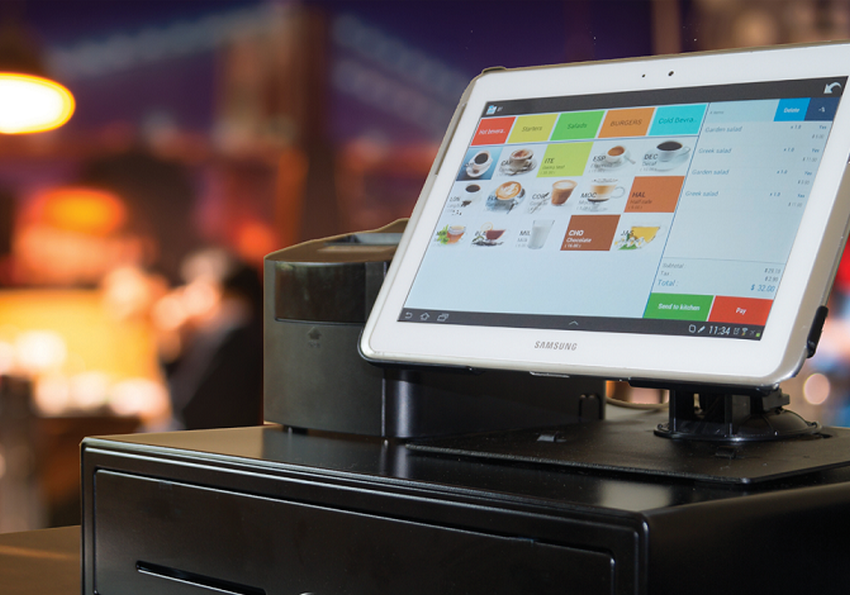In fast-paced business environment, having the right resources can create the difference between prospering and just existing. Point of Sales Systems for Restaurants of Sale solutions have progressed well above old-fashioned cash registers, revolutionizing the way organizations run, manage payments, and interact with clients. While businesses adopt contemporary tech, the implementation of an effective POS system can result in significant gains in efficiency, customer experience, and overall profitability.
The following case study examines how a current POS system changed the landscape for one community business, showcasing the various benefits such systems provide. Ranging from simplifying operations to enhancing inventory management and client interaction, the story shows that a properly selected POS system can not only address immediate operational needs but additionally prepare a business for upcoming growth and achievement. While we look into this change, we will also cover key elements of what a POS system includes, its evolution, and crucial features to take into account when choosing the best option for your specific business needs.
Comprehending Point of Sale Solutions
A POS solution is an important tool for businesses of any size, serving as the link between the client and the company when a transaction occurs. At its core, a Point of Sale solution simplifies the checkout procedure, allowing for smooth payment processing, inventory management, and revenue tracking. Companies can greatly improve operations by utilizing modern POS technology, which has developed into all-in-one solutions that integrate various functionalities to address specific industry needs.
The progression of POS systems has transitioned from traditional cash boxes to sophisticated cloud-based solutions. Early cash boxes were simple mechanical devices that tracked transactions and sales manually. Currently’s Point of Sale solutions offer advanced capabilities such as mobile payments, real-time stock tracking, and in-depth revenue analytics. This evolution highlights how businesses can adjust to changing consumer demands while enhancing operational efficiency.
For companies looking to stay ahead, understanding the benefits and features of a contemporary Point of Sale system is essential. These solutions not only facilitate sales but also enable businesses to gather insights through information analytics, improve customer satisfaction, and work seamlessly with additional company software. By adopting the latest developments in POS systems, entrepreneurs can make smart choices that fuel growth and simplify operations.
Benefits of Modern POS Systems
Modern POS solutions offer a versatile suite of features that significantly enhance business operations. One of the key advantages is the ability to streamline transactions, resulting in faster checkouts and minimized wait times for customers. This efficiency not only enhances customer satisfaction but also allows businesses to serve greater clients in a shorter period. Moreover, integrated inventory management features enable business owners to track stock levels in real-time, preventing overstocking or shortages and maximizing inventory turnover.
Another important benefit is the access to critical data analytics. Modern POS systems gather and analyze data on sales trends, customer preferences, and employee performance. This insight empowers business owners to make data-driven strategic decisions, tailor marketing campaigns, and adjust product offerings based on customer behavior. By harnessing these insights, businesses can improve their competitive edge and respond more dynamically to market demands.
Data protection and compliance are also major pros of modern POS systems. With advanced encryption and security protocols in place, contemporary systems protect sensitive customer data and lessen the risk of fraud. Regulatory features that align with industry regulations, such as PCI compliance, ensure that businesses not only safeguard their information but also build trust with their customers. Frequent updates and security patches keep these systems robust against cyber threats, helping businesses maintain a secure operational environment.
Safeguarding and Compliance in Point of Sale Systems
Guaranteeing the safety of a POS system is essential for any business that processes payment information. With the increasing frequency of cybersecurity threats, companies must implement strong safeguards to shield sensitive customer data. Encryption of transaction data, secure verification processes, and stringent access restrictions are essential components of a secure point of sale system. Additionally, regular security assessments and upgrades help safeguard against emerging vulnerabilities and maintain compliance with sector standards.
Compliance with regulations such as Payment Card Industry Data Security Standard is necessary in keeping a secure POS environment. PCI compliance sets the framework for organizations to handle cardholder data safely and helps mitigate the risks of data breaches. Businesses must remain aware about regulatory obligations and regularly examine their systems and processes to ensure they meet these standards. Non-compliance to follow not only exposes organizations to security risks but can also result in significant penalties and reputational damage.
Another important factor of POS security is employee education. Even with the most sophisticated technology, mistakes made by staff can lead to security breaches. Training staff on correct management of transaction data, recognizing phishing attempts, and using the point of sale system safely can greatly reduce the likelihood of security incidents. By cultivating a security-conscious culture inside the organization, companies can enhance their complete security posture and safeguard both their clients and the organization from possible threats.

